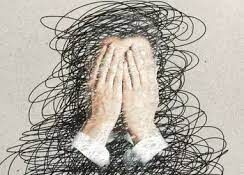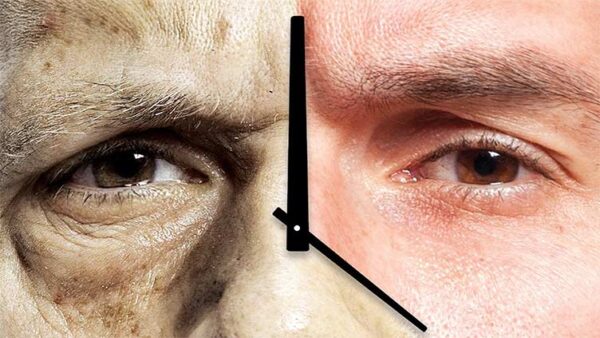
In both preclinical models and human subjects, stress caused by surgery, pregnancy, and severe COVID-19 has been shown to accelerate signs of biological aging. However, these signs were found to revert back to normal levels following recovery.
We can’t reverse the passage of time as indicated by our chronological age, but our biological age, which represents the well-being of our cells and tissues, may be more flexible. Factors such as illness, lifestyle modifications, environmental factors, and more can affect biological age.
Although previous studies have hinted that biological age may be reversible, a recent study from investigators at Brigham and Women’s Hospital, a part of the Mass General Brigham healthcare system, provides concrete proof that biological age can be restored when stress is relieved. The results, which have significant implications for anti-aging drug testing, have been published in the journal Cell Metabolism.
“Traditionally, biological age has been thought to just go up and up, but we hypothesized that it’s actually much more dynamic,” said lead author Jesse Poganik, Ph.D., of the Brigham’s Division of Genetics. “Severe stress can trigger biological age to increase, but if that stress is short lived, the signs of biological aging can be reversed.”
Poganik and colleagues gathered data from several situations that are likely to cause severe physiological stress. In one experiment, they examined blood samples from elderly patients undergoing emergency surgery, looking at samples collected immediately before surgery, a few days after surgery, and before discharge from the hospital. The team also looked at blood samples from pregnant mice and pregnant people, looking at samples from the early and late phases of pregnancy and after giving birth. And in a third analysis, the team examined samples from patients who test positive for COVID-19 and were admitted to the intensive care unit. They analyzed samples taken when the patient was admitted to the ICU and samples collected over the span of their stay. The team also used a classic mouse model in which, through a surgical procedure, the circulatory systems of younger and older mice are joined together.
The team used “biological clocks” to determine the health of cells and tissue. Biological clocks measure levels of DNA methylation—molecular changes that can indicate an increase in the risk of morbidity and mortality. These clocks are used widely in the aging research field.
In all of the analyses, the researchers saw indications that biological age increased in situations of several physiological stress but was stored when the stressful situation was resolved. In the analysis of patients undergoing major surgery, the team found that signs of biological age increased among patients receiving emergency surgery to repair a hip fracture but returned to baseline 4 to 7 days after surgery. This pattern was not seen among patients who received other non-trauma surgeries.
In the studies of the effect of pregnancy on biological age, the researchers saw a consistent pattern in humans and mice: biological age increased during pregnancy, up to the point of giving birth. This change peaked around the time of delivery and was resolved postpartum.
Among patients hospitalized with COVID-19, the team saw an increase in biological age that was partially reversed by the time of discharge from the ICU for female patients. But the team did not observe a significant change among male patients.
The authors note that the clocks they are using are biomarkers—signs that may reflect biological age or could be driven by other factors that have not yet been identified. They also note that not all subjects recover their biological age at the same rate or to the same extent—understanding how and why biological age increases and how to improve recovery will be important areas of focus for future studies. But the work does point to a new understanding of the nature of biological aging, with implications for the study of anti-aging interventions.
“Our findings challenge the concept that biological age can only increase over a person’s lifetime and suggest that it may be possible to identify interventions that could slow or even partially reverse biological age,” said senior author Vadim Gladyshev, Ph.D., of the Brigham’s Division of Genetics. “When stress was relieved, biological age could be restored. This means that finding ways to help the body recover from stress could increase longevity.”
Reference: “Biological age is increased by stress and restored upon recovery” by Jesse R. Poganik, Bohan Zhang, Gurpreet S. Baht, Alexander Tyshkovskiy, Amy Deik, Csaba Kerepesi, Sun Hee Yim, Ake T. Lu, Amin Haghani, Tong Gong, Anna M. Hedman, Ellika Andolf, Göran Pershagen, Catarina Almqvist, Clary B. Clish, Steve Horvath, James P. White and Vadim N. Gladyshev, 21 April 2023, Cell Metabolism.
DOI: 10.1016/j.cmet.2023.03.015
The study was funded by the National Institute of Aging, the BWH Organ Design and Engineering Training Program, and the National Institute of Biomedical Imaging and Bioengineering.


Leave a Reply
You must be logged in to post a comment.